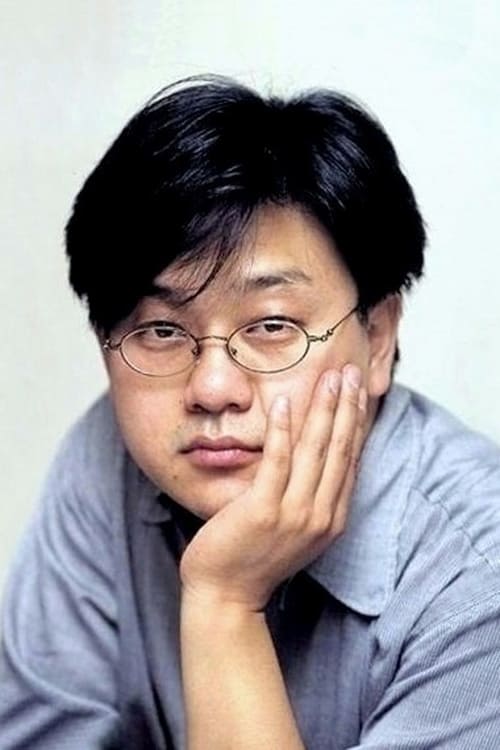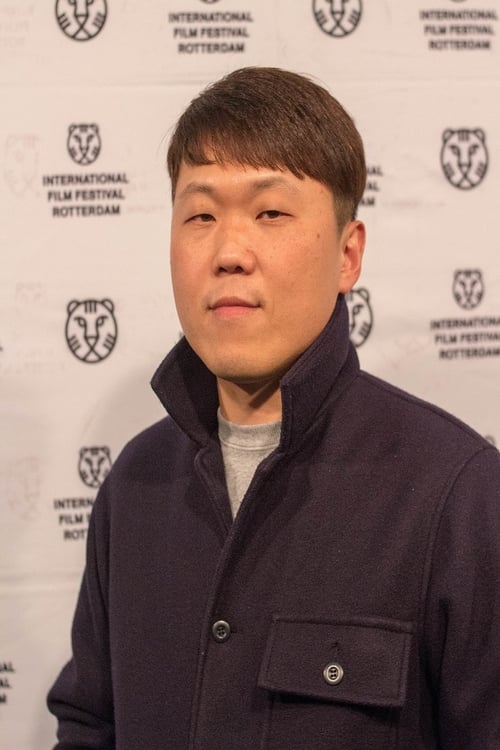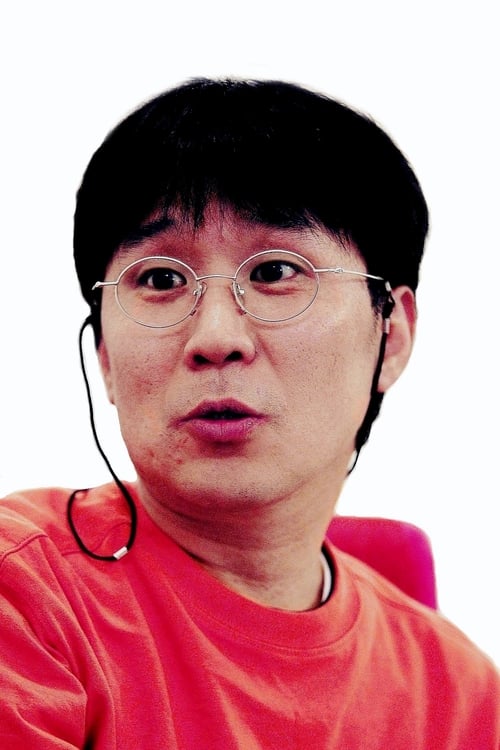Oh! Dreamland (1989)
Жанр : драма, история
Время выполнения : 2Ч 10М
Директор : Jang Dong-hong, Chang Youn-hyun, Lee Eun
Писатель : Hong Ki-seon, Su-chang Kong
Краткое содержание
After the Gwangju Democratization Movement is terminated by brute force, Jong Soo runs from the authorities and goes to Dongducheon in search of Tae Ho, an older neighbor from his hometown. He is a student at Jeonnam University and a night school teacher who is on the run because of his involvement in the Gwangju Movement.
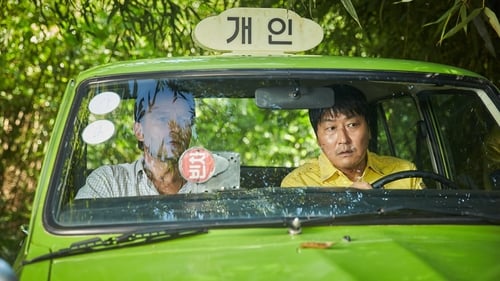
В результате военного переворота в декабре 1979 года, южнокорейским президентом становится Чон Ду-хван. После расстрела студенческой демонстрации в городе Кванджу местные жители решают массово выступить против режима. Диктатор бросает на подавление восстания военные части. В это время оказавшийся в Токио репортёр германской газеты решает проникнуть в Кванджу, чтобы донести до внешнего мира правду о том, что творится в Корее. Доставить немца в зону боевых действий и обратно должен простой сеульский таксист Ман-соп, который с утра даже не представлял, что скоро ему придется скрываться от военных патрулей.
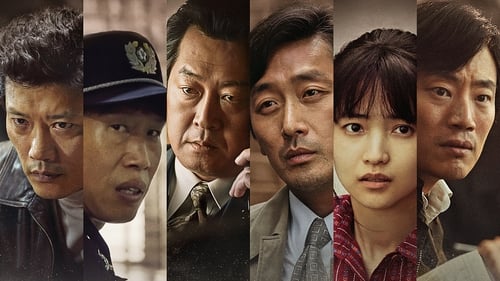
14 января 1987 года студент Сеульского университета Пак Чон-чхоль, арестованный за участие в акциях протеста, умирает в камере для допросов. Агентство национальной безопасности пытается скрыть факт пыток, но упрямый окружной прокурор отказывается подписывать поддельное заключение о смерти и настаивает на проведении вскрытия, что запускает цепочку событий, которые изменят политический режим Южной Кореи.
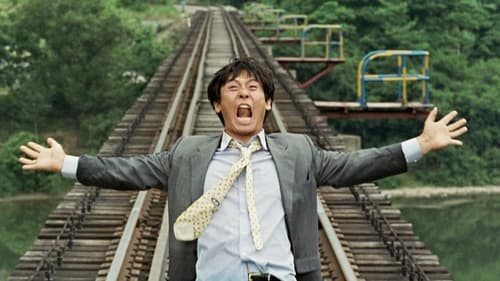
История несчастного человека, обеспокоенного будущим и отягощенного печальным опытом прошлого. Многие эпизоды из жизни героя отражают современную реальность жизни в Корее: служба в армии, издевательство над противниками политического режима будучи полицейским, неудачное вложение в бизнес. Эти символические этапы перемешиваются с аспектами личной жизни героя: любовная интрига по молодости, последствия которой продолжают преследовать героя, и его несчастливый, неудавшийся брак.
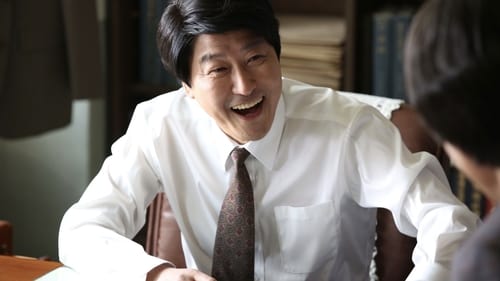
1981 год. Когда Сон У Сок учился на юриста и сдавал экзамены, он был уверен, что станет элитным адвокатом, будет помогать нуворишам скрывать деньги от налоговой и купаться в золоте и соджу. Долгое время так и было, пока адвокат Сон не согласился защищать в суде сына своей старой знакомой — студента по имени Джин У.
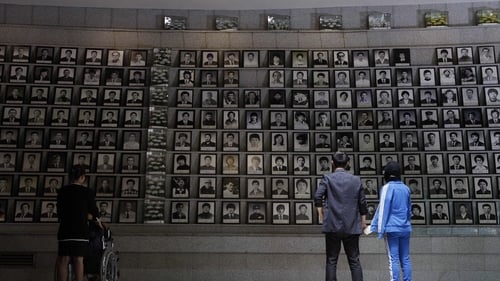
Секретный проект, которым руководили спортсмены, бандиты, полицейские, руководители компаний, начальники департаментов охраны для осуждения «этого человека», который является виновником массовых убийств, произошедших 26 лет назад в 1980 году в Кванджу.

When the Chinese Communist Party backtracks on its promise of autonomy to Hong Kong, teenager Joshua Wong decides to save his city. Rallying thousands of kids to skip school and occupy the streets, Joshua becomes an unlikely leader in Hong Kong and one of China’s most notorious dissidents.
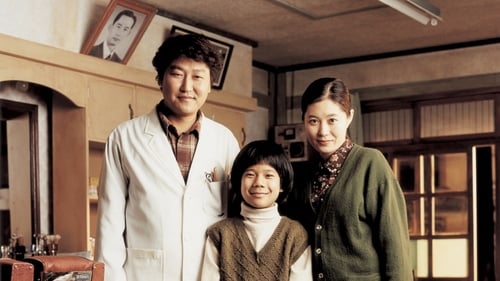
A well-meaning but politically naive barber gets pulled into the inner circle of the South Korean dictator Park Chung-Hee, with rather baleful consequences for his hapless family. This sharp political satire covers roughly twenty years in South Korean political history, from the viewpoint of the barber's son.
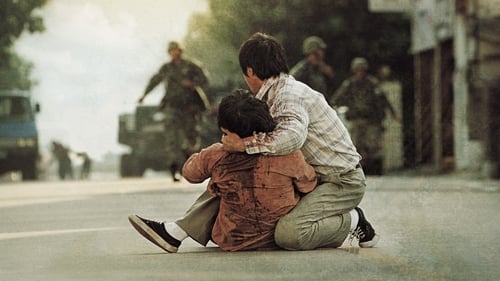
The citizens of Gwangju lead a relatively peaceful life, until one day the military takes over the city, accusing the residents of conspiracy and claiming that they are communist sympathisers preparing a revolution against the current government. Seeing as the soldiers beat defenceless people, mainly students, to death, the citizens are in for retaliation and form a militia.
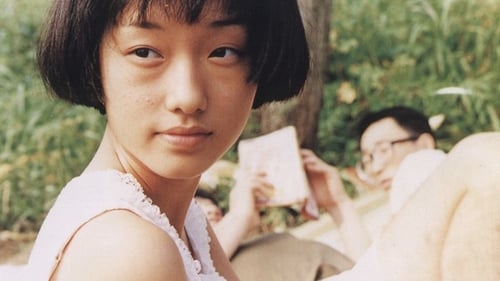
A young girl is caught up in the 1980 Gwangju massacre, where Korean soldiers killed hundreds, if not thousands, of protesters who opposed the country's takeover by the military the year before. Flashbacks show the girl seeing her mother shot to death in the massacre. The film spurred the Korean public to demand the truth behind the incident, and their government eventually opened previously classified files on the massacre.
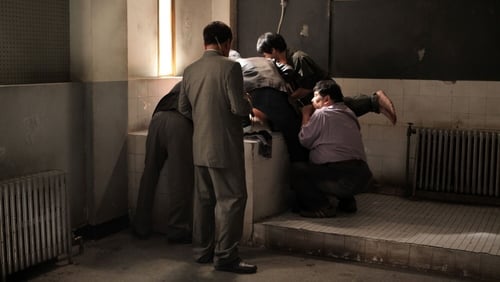
4 сентября 1985 года в Сеуле тридцатисемилетний политический деятель и бывший лидер демократической федерации молодежи Ким Чжон-Тэ, борящийся против военной диктатуры Чон Ду-Хвана, был незаконно арестован на глазах жены и детей и доставлен в специальный центр допросов в районе Намёндон.

20 years after discharge from the army and now an excavator driver, a former paratrooper who had been mobilized to suppress the May 18th Democratic Uprising in Korea in 1980, happens to find a skull in the ground one day. Driving his excavator, he pays visits to his former superiors one by one and realizes they were all both assailants and victims of the times.

Blending politics with romance, noted director of “The Housemaid” weaves a story of two activists in hiding in a remote shack. The intimate setting proves to be fertile ground for hidden desires.
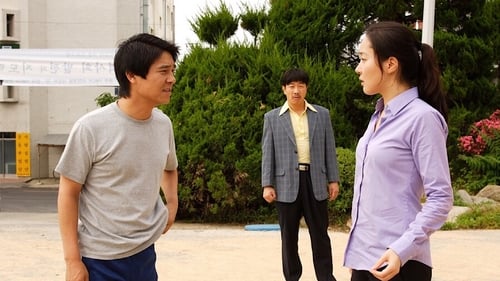
1980, Kwang-ju is fired up about a genius pitcher, a senior in high school. Ho-chang takes confident strides across the field making his way by cutting through the sand dust. He’s a university scouter on a mission. His task is to scout the genius pitcher, SUN Dong-yeul, a master of baseball who may be scouted to a rival university. But he is no where to be seen. But Ho-chang is determined to not let down his reputation as a successful scouter, and his scouting mission of 10 days begin! An original story of a scouter on a 10 day mission full of undisclosed history will now unfold!
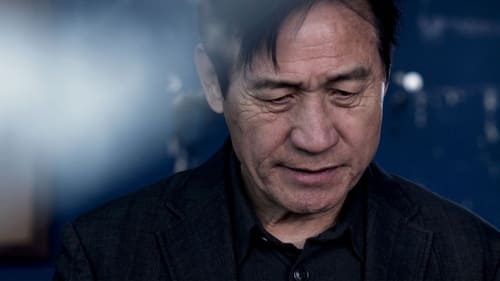
Chae-geun is a driver for hire with manic depression. He often talks to his son who is studying in the States and tells him he would keep his promise. He does a favor by acting as a temporary fiancé of a single woman named Jin-hee, who works as a waitress at a restaurant he frequents. Her father, who was a victim of the Gwangju Uprising in 1980, shows him a gun he stashed away 39 years ago and asks Chae-geun to help him exact revenge on those who were responsible for the May 18 incident.
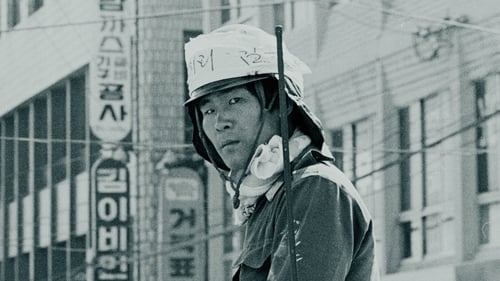
KIM-GUN searches for the whereabouts of a young man whose identity has sparked a national controversy over the 1980 May 18 Gwangju Uprising. Starting with the vague memories of those who had crossed paths with him during that time, the film tracks down those who participated in the Uprising as “Citizen Soldiers.” It also traces KIM’s final steps, based on photographic clues found in the firearms he carried and the “Surveillance Truck No. 10” in which he rode. By identifying KIM-GUN, we believe that we can find valuable leads to resolving the ongoing controversy over May 18. Why did a nameless young man join the Uprising? Why did he take up arms? Where has he gone afterwards? It is the answers to these questions that the film seeks.

In May of 1980, the city is locked down and phone lines are dead because of protests and struggles in demand of democracy. Just when Gwangju was being ignored by the media, Jurgen Hinzpeter, a reporter from Germany, sneaks in despite the danger!

Cheol-gi who dreams of a society that embraces justice begins classes at a night school. There he learns about political and social contradictions and the realities the people face. While doing research on factory conditions with his classmates Tae-il, Min-sook and laborers Hyun-sil and Bong-joon, Cheol-gi learns about the Revitalizing Reforms system and the improper practices in emergency measures. After the military revolution, during the election for a general student body in a move towards democracy, Cheol-gi unwittingly becomes a man on the run when emergency martial law is implemented in response by the government. Cheol-gi blames himself when hears about the deaths of Tae-il and Min-sook during the Gwang-ju Uprising from Hyun-sil and Bong-joon. Just when he and Hyun-sil try to start a new life together, Cheol-gi is arrested and put in jail. Inside the prison, he starts another move towards prison democracy.
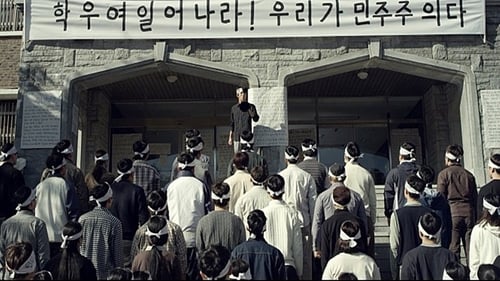
This is the story of a father who died mysteriously in May of 1980, a mother who lives in the shadows with a bullet in her head and not being able to forget May 18th and their daughter, and the nation's greatest comedian, Hee-soo.
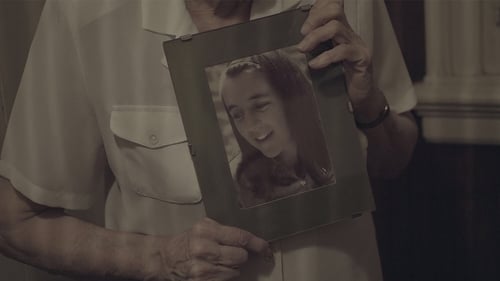
The title Good Light, Good Air is oddly paradoxical. Keenly working at the point where his artistic identity and persistent attention on modern Korean history meet, director Im in this film focused on where the history of oppression and struggle intersect between Gwangju and Buenos Aires. In both cities, a great number of people who fought against the dictatorship were slaughtered and disappeared. The people of both societies still live with that trauma. When the testimonies of the victims of the two cities cross over, the film gives us chills as the eerie history of the two is very similar. Through Good Light, Good Air, director Im asks us how we will remember the past from where we stand right now.

After the Gwangju Democratization Movement is terminated by brute force, Jong Soo runs from the authorities and goes to Dongducheon in search of Tae Ho, an older neighbor from his hometown. He is a student at Jeonnam University and a night school teacher who is on the run because of his involvement in the Gwangju Movement.


